How Your Tough Childhood Might Have Changed You in Ways You Didn’t Realize
 Unsplash
Unsplash Not everyone grows up with an idyllic family life — some people experience rough childhoods with toxic family dynamics that stay with them long after they’ve grown up. If you had a really tough childhood, chances are you’re experiencing one or more of these consequences in your adult life.
1. You rely on hyper-independence.
 Source: Unsplash
Source: Unsplash Growing up in a tough environment often means you had to fend for yourself a lot. This can turn into hyper-independence, where you struggle to ask for help or rely on others. It’s not just being strong; it’s a defense mechanism. You might find it hard to form close relationships because deep down, you feel you can only rely on yourself.
2. You struggle to trust people.
 Source: Unsplash
Source: Unsplash
When you’ve been let down in childhood, trusting others doesn’t come easy. You might find yourself always waiting for the other shoe to drop in relationships or friendships. It’s like you’re wired to expect disappointment, making it hard to build deep, trusting connections.
3. You’re a bit of a control freak.
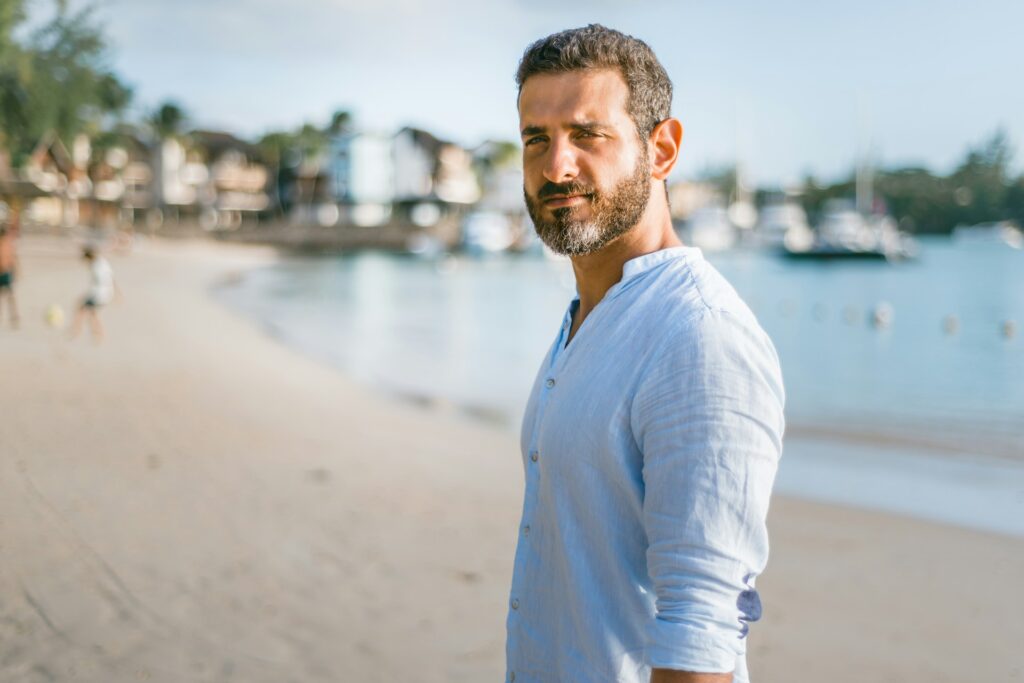 Source: Unsplash
Source: Unsplash
If your childhood was chaotic, you might crave control in your adult life. This can manifest as being overly organized, planning excessively, or getting stressed when things don’t go as planned. It’s your way of ensuring you never feel that childhood helplessness again.
4. You’re a people-pleaser.
 Source: Unsplash
Source: Unsplash
Were you always trying to keep the peace as a kid? That can lead to a lifetime habit of people-pleasing. It’s not just being nice; it’s a fear-driven need to be liked and avoid conflict at all costs. This can leave you overworked, underappreciated, and losing sight of your own needs.
5. You often feel emotionally detached.
 Source: Unsplash
Source: Unsplash
Tough childhoods can lead to building walls around your emotions. You might find it hard to express or even recognize your feelings. It’s a protective measure – if you don’t get too emotionally involved, you can’t get hurt.
6. You’re hypervigilant.
 Source: Unsplash
Source: Unsplash
Growing up in an unpredictable environment can make you always on alert, even in safe situations. This state of constant vigilance is exhausting and can lead to anxiety. It’s like your brain is always on guard duty, scanning for threats that are no longer there.
7. You’re extremely self-critical.
 Source: Unsplash
Source: Unsplash
If you were constantly criticized as a kid, you might have internalized that voice. This can manifest as relentless self-criticism and perfectionism. You’re always your toughest critic, often pushing yourself harder than anyone else would.
8. You have a fear of abandonment.
 Source: Unsplash
Source: Unsplash
If you experienced loss or abandonment in your childhood, it could lead to a deep-seated fear of being left again. This might make you clingy in relationships or overly sensitive to signs of rejection, even when they’re not there.
9. You’re definitely not a risk-taker.
 Source: Unsplash
Source: Unsplash
A tough childhood can leave you risk-averse. You stick to the safe path because you know what instability feels like, and you’ll do anything to avoid it. This can mean missed opportunities and a life lived within a very narrow comfort zone.
10. You’re extremely empathetic towards others.
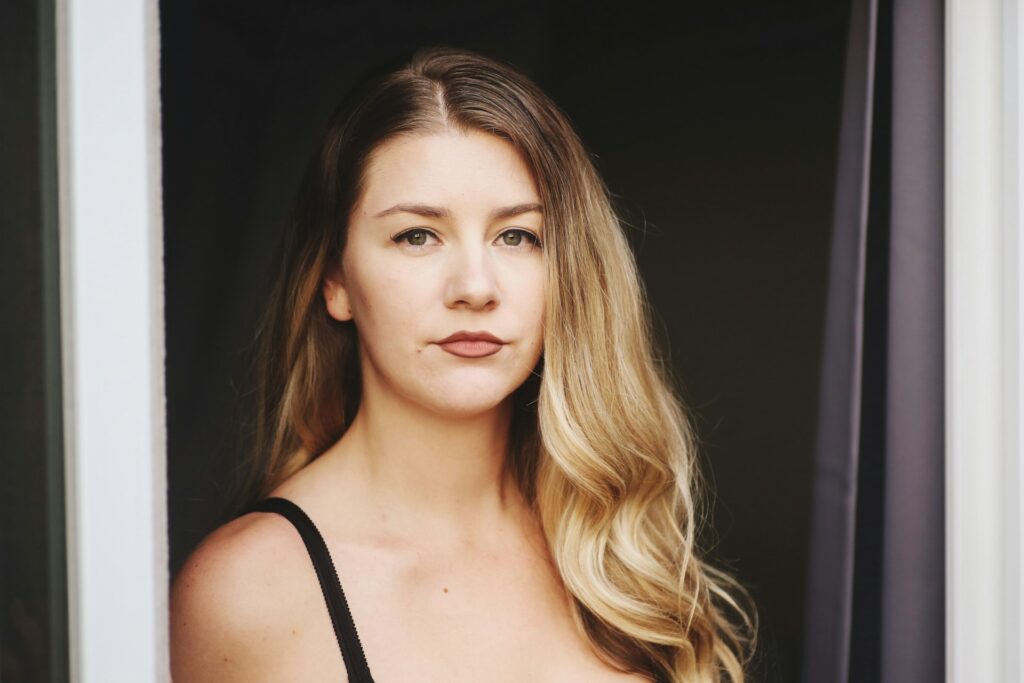 Source: Unsplash
Source: Unsplash
It’s not all negative. Tough childhoods can breed deep empathy. You understand what it’s like to struggle, and this can make you incredibly compassionate and understanding towards others’ hardships.
11. You’re super resilient.
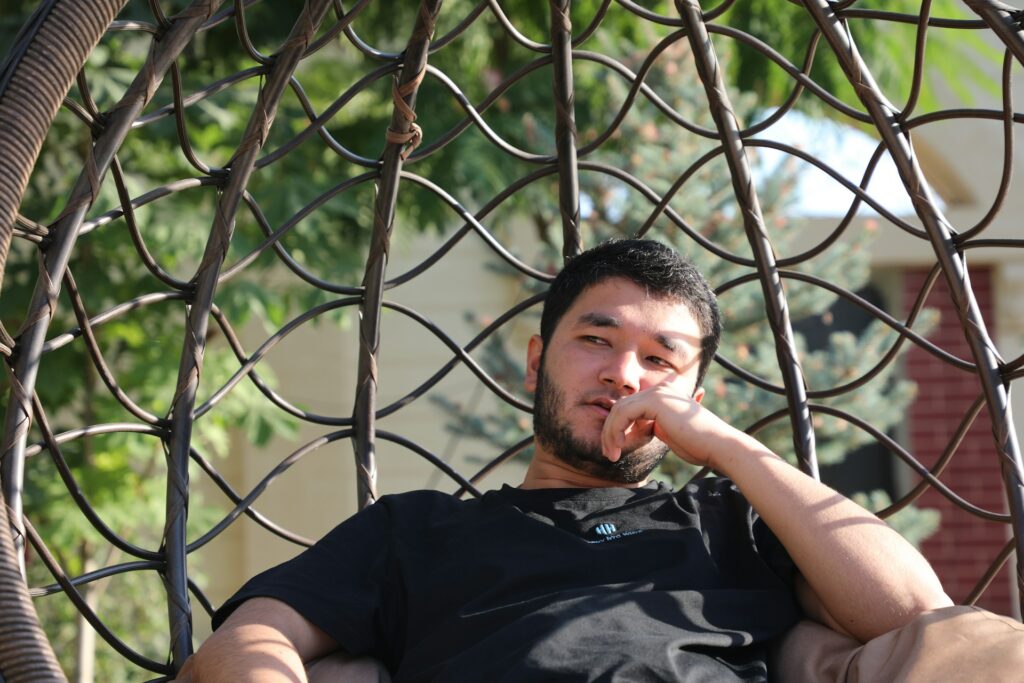 Source: Unsplash
Source: Unsplash
Here’s another positive: You’re likely more resilient than most. Having weathered childhood storms, you’ve developed a toughness that helps you bounce back from life’s challenges.
12. You have a strong work ethic.
 Source: Unsplash
Source: Unsplash
Often, those with tough beginnings develop a fierce work ethic. You understand the value of hard work and are driven to build a better life than the one you started with.
13. Your relationship with money is pretty complex.
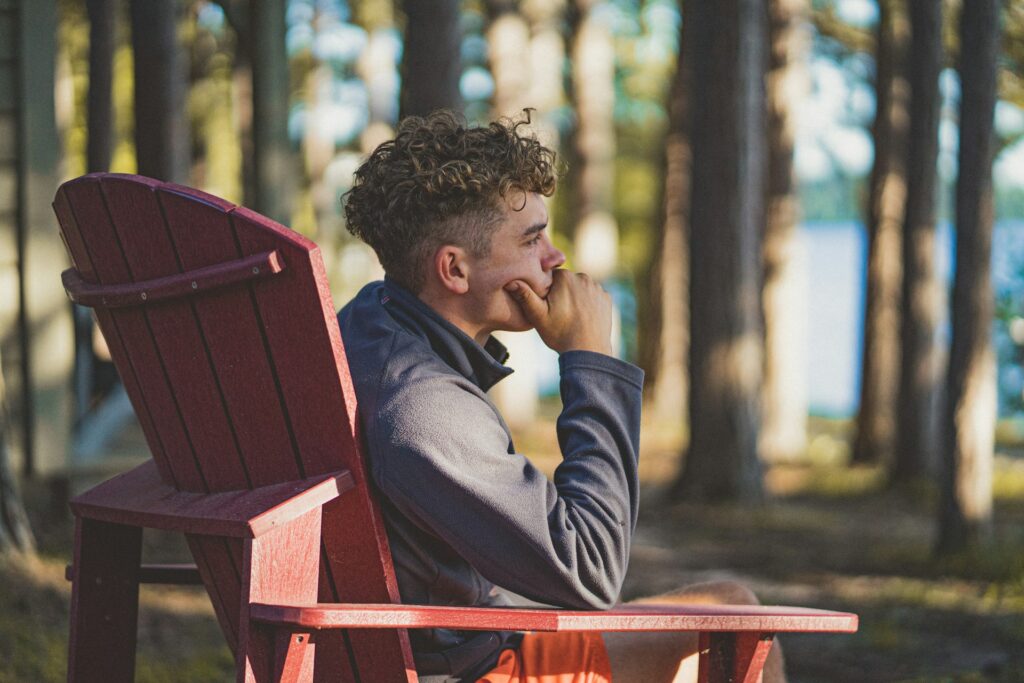 Source: Unsplash
Source: Unsplash
Depending on your childhood, you might have a complicated relationship with money. Maybe you hoard it because you know what it’s like to have none, or perhaps you spend recklessly, trying to fill emotional voids.
14. You struggle to set and maintain boundaries.
 Source: Unsplash
Source: Unsplash
If boundaries weren’t respected in your childhood, setting them as an adult can be tough. You might find yourself in situations where you’re overextended or disrespected because saying no feels foreign and uncomfortable.
15. You need a lot of external validation and reassurance.
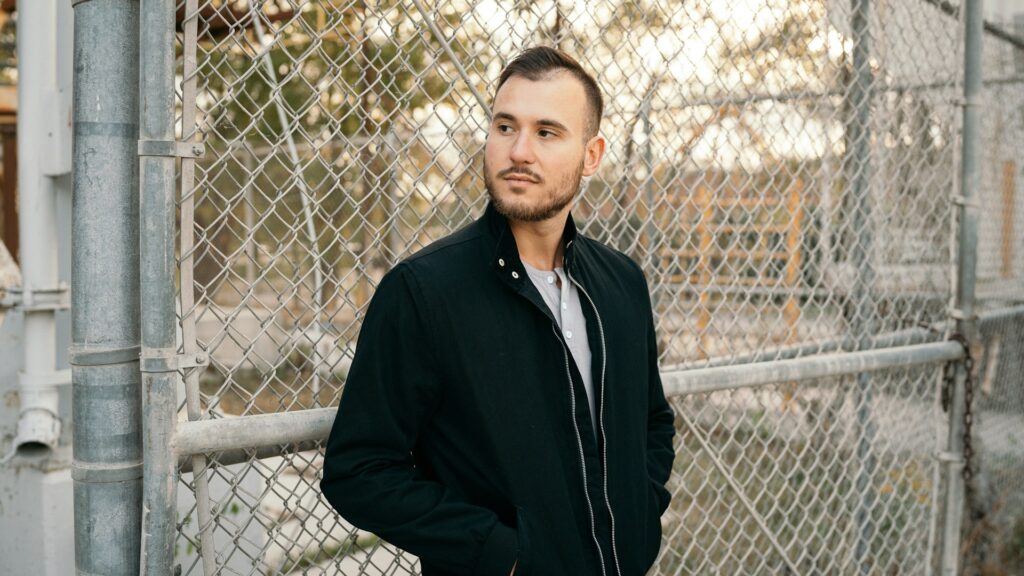 Source: Unsplash
Source: Unsplash
A lack of validation in childhood can leave you constantly seeking approval as an adult. You might find yourself going to great lengths for recognition, often feeling like you’re not good enough unless someone else says so.
16. You face challenges with intimacy.
 Source: Unsplash
Source: Unsplash
If your early life lacked warmth and closeness, forming intimate relationships can be a challenge. You might keep partners at arm’s length, afraid to get too close, or you might dive in too deep, too fast, out of a desire for connection you missed as a child.





